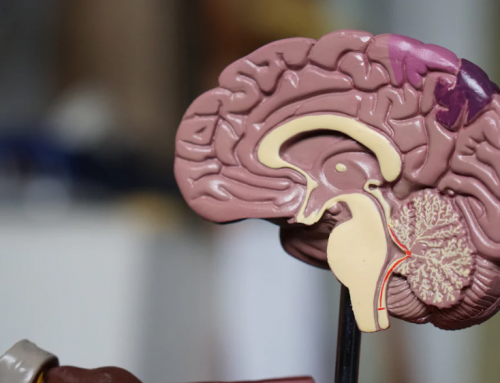Is magnesium important?
Magnesium is an important active element in life activities, with its content second only to potassium, sodium, and calcium. Magnesium is an activator of various enzymes in the body, playing an important regulatory role in the metabolism of glucose, fat, proteins, and more. Magnesium can maintain the normal distribution of sodium and potassium ions in cells. If magnesium is lacking, cells may go on strike. Meanwhile, magnesium is an essential element for the structure and function of bone cells, and has the function of maintaining and promoting bone growth.
Due to the slow absorption of magnesium ions in the intestine, it promotes water retention and has a clinical cathartic effect. Magnesium can also reduce serum cholesterol concentration, expand blood vessels, inhibit platelet aggregation and prevent atherosclerosis.
Do you have enough magnesium intake?
The human body needs an appropriate amount of magnesium intake every day. The daily reference intake of magnesium for ordinary adults is 330 milligrams, while pregnant women need to increase it to 370 milligrams.
In our daily diet, there are many foods containing magnesium, and the best sources of food are mainly nuts and soybeans, such as black sesame seeds, almond wood, soybeans, etc; Next are seafood, such as snails, cod, shrimp, etc., with higher content in shrimp and shrimp skin; In addition, some dark broad-leaved vegetables, fermented soy milk, cow’s milk, and mineral rich drinking water also contain small amounts of magnesium.
A balanced diet can generally provide sufficient intake of magnesium. Unfortunately, in practical life, most people do not adhere to eating coarse grains, nuts, soy products, etc. Magnesium is mainly consumed through vegetables and drinking water, and there is often a phenomenon of insufficient magnesium intake.
Should we add extra magnesium?
Magnesium has five main benefits
- Maintaining excitability of nerve and muscle cells
- Maintaining normal heart function
- Adjusting the osmotic pressure and acid-base balance of the human body
- Maintaining healthy bones and teeth
- Participate in energy metabolism in the body and maintain energy balance in the body
If there is a lack of magnesium in the body, it must be supplemented. There are many magnesium supplements on the market now, such as magnesium malate, magnesium lactate, and magnesium citrate. You can choose the appropriate supplement according to your own situation. If you have any questions, feel free to come and inquire.





